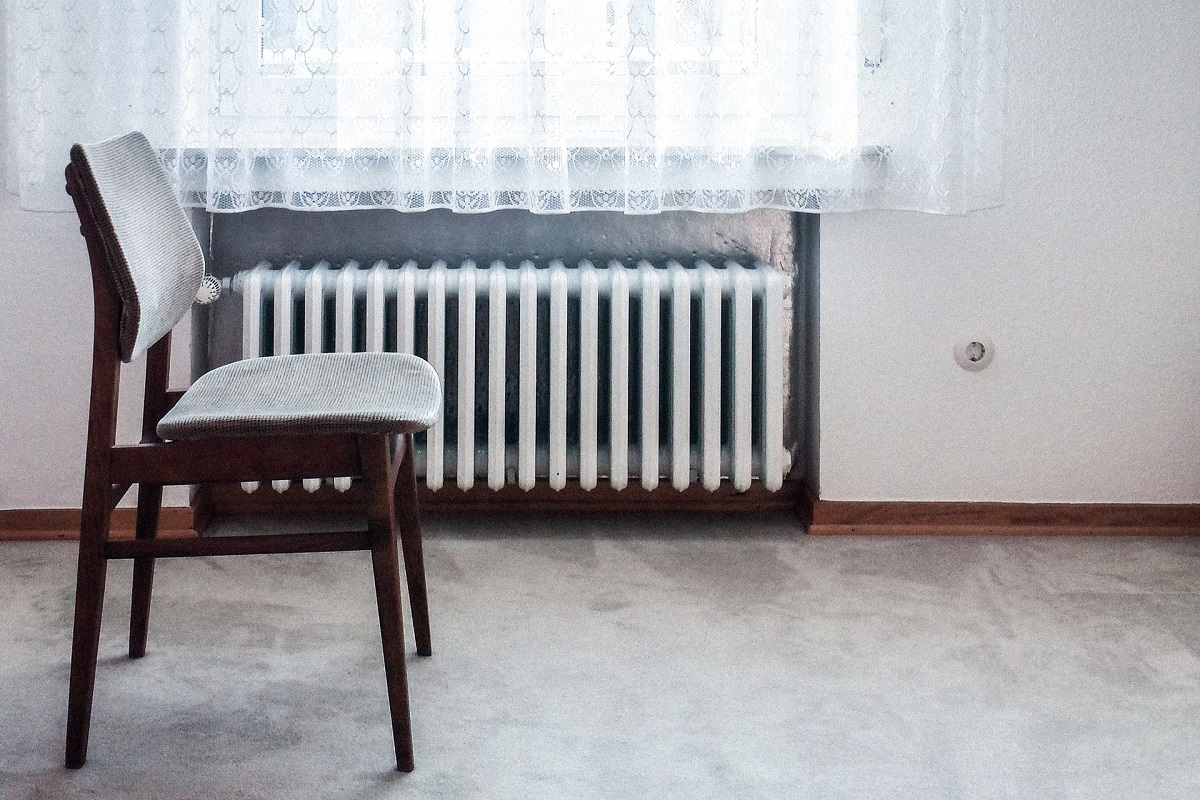If you’re like most people, your home is your most significant investment. Is it worth replacing old radiators?
Well, just like any other investment, it’s essential to take care of your home and make sure that you’re getting the most out of it. One way to do that is by replacing old radiators.
But is it worth the cost and hassle? In this blog post, we’ll take a look at some of the pros and cons of replacing old radiators and help you decide if this is something that’s right for you.
Evaluate Whether or Not It’s Worth Replacing your Old Radiators
There’s no simple answer to how often you should replace radiators if you ask. However, a general rule of thumb is that they should last anywhere between fifteen and twenty years.
Here are a few telling signs that it’s time for a replacement:
- Your radiators are leaking water
- The radiator fins are clogged with dust and dirt
- There is a loud banging noise when the radiators turn on
- You can see rust or corrosion on the radiator fins
- The radiator is not heating up enough to warm the room
Look Into Government Incentives that Could Offset Some of the Cost
If you obtain a qualifying benefit from the Government, it may give you the cash to install central heating in your home, improve energy efficiency, and save money. You may receive enough to cover the installation, but some individuals only get a portion of the cash and must contribute additional funds.
Choose an Experienced and Qualified Plumber to do the Job Right
The typical plumber’s hourly wage ranges from £40 to £80 per hour, with a call out charge of roughly twice the average hourly rate. However, they usually include one hour of labour within that price range.
When fitting a radiator, it is essential to use the appropriate tools and procedures. Most homeowners struggle to remove the original radiator, so get a plumber who knows what they are doing and won’t damage your home.
Make Sure You’re Aware of any Potential Problems that Could Arise During or After Installation
Before you replace your old radiator, it’s essential to be mindful of any potential problems during or after installation.
One common problem is leaks. If not installed properly, your new radiator could leak and cause water damage to your home. Another potential problem is mismatched pipes. If your new radiator has different sized pipes than your old one, it could cause problems with your plumbing.
Be sure to discuss any potential problems with your plumber before they begin the job.
Conclusion: Is it Worth Replacing Old Radiators? If You Are Asking the Question, Then Probably Yes!
Replacing old radiators can be a big job, but it’s important to weigh the pros and cons before deciding. Be sure to consult with an experienced professional for boiler and radiator replacement and get all the facts before you decide whether to replace your radiators or not.
Replacing an old radiator can be a great way to improve the value of your home and save money on energy bills. But it’s important to do your research and make sure that it’s right for you.

